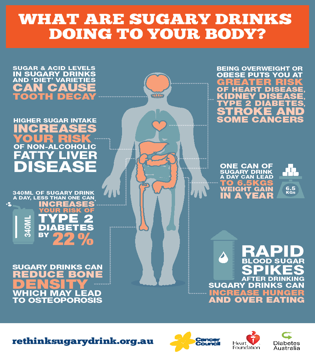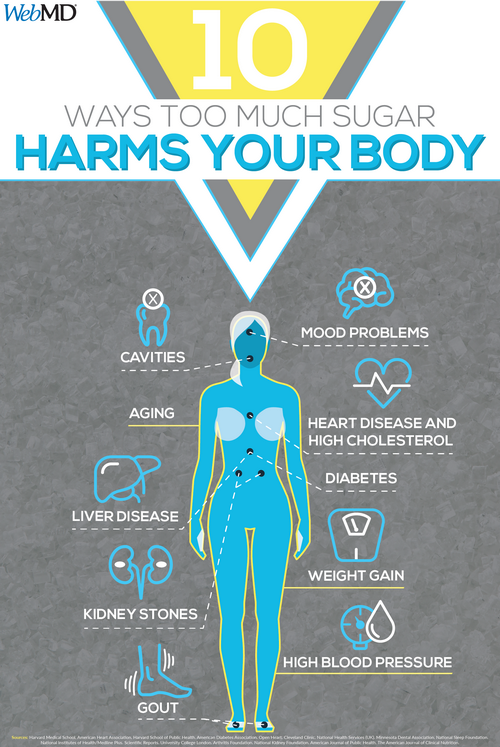What Does Sugar Do to Your Body?

Sugar has been known for a long time as the sweetener of choice. As we all know, sugar is a natural stimulant and can be found in lots of foods. In fact, it is commonly used in foods like cookies, cakes, chocolates, soda, pickles, and jams.
There are various theories on what happens when sugar is consumed; however, none of these are really understood. It is widely accepted that as our blood glucose levels rise, we start craving for more.
In order to avoid high blood sugar, you should limit the amount of sugar you consume. This means that you should cut down on the amount of sugary snacks and beverages you consume. It will also help you avoid gaining weight because sugar makes us crave for more.
When you eat sugar, the body is unable to process it as we would need. The result of this is that the sugar will build up in the blood. The more you consume sugar, the higher your risk of heart disease. High sugar levels also increase your risk of developing kidney disease, diabetes, and high blood pressure.
When you add sugar to your diet, you may experience other problems too. If you don’t get enough water, your body will get dehydrated, which will only add up to your sugar cravings. The sugar that is in your blood will cause your body to become sluggish, making it prone to colds, flu, and other sicknesses.
The sugar that is in your bloodstream also blocks the ability of your body to metabolize other nutrients and vitamins. These nutrients and vitamins will get lost when you are suffering from hypoglycemia, which is an abnormally low level of sugar in your blood.
Finally, when you have high amounts of sugar in your system, your body will store it for later use. But even when you do eat less sugar, the body won’t be able to metabolize the fat and the sugar efficiently.
In short, knowing what does sugar do to your body is important if you want to live a healthy life. You should know the effects of sugar so that you can avoid its consumption and live a long, happy and healthy life.
High sugar levels are the number one cause of heart disease. Heart disease is one of the most common causes of death in America.

People who suffer from heart disease also have a very high risk of dying from cancer. So even if you think you’re not at risk, you should still cut down on your sugar intake.
If you have high sugar levels in your blood, your insulin levels are likely to be low, which means your body has a much harder time getting rid of the sugar in your blood. Because of this, the sugars will accumulate in the cells of your body.
Cells have to work harder to break these sugars down, which causes your cells to age. This is why people who eat a lot of sugar tend to look and feel older than they really are.
Excess sugar is also associated with obesity. The reason is that excess sugar makes the cells of the body to store sugar instead of fat.
And finally, sugar also plays a large role in the development of kidney disease. Because sugar feeds the appetite, it’s hard for the kidneys to filter out the calories you eat. When the kidneys cannot filter out the calories as fast as it takes the sugar, it will end up being stored in the body. In turn, the stored sugar turns into fat.

